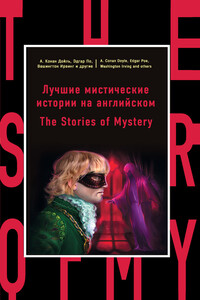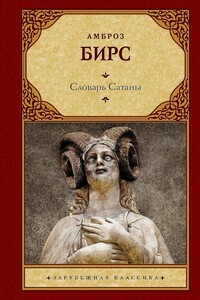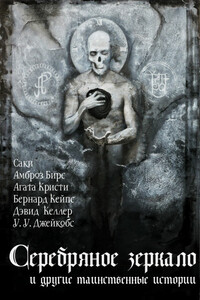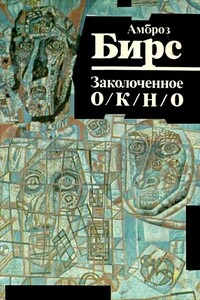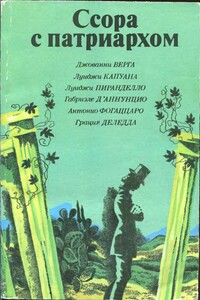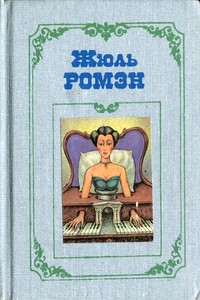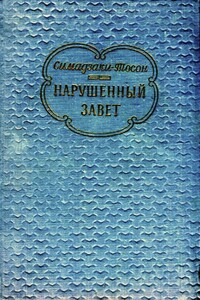Best Short Stories | страница 31
But at the head of the gulch, on one of the largest pine trees, they found the deuce of clubs pinned to the bark with a bowie knife. It bore the following, written in pencil, in a firm hand:
BENEATH THIS TREE
LIES THE BODY
OF
JOHN OAKHURST,
WHO STRUCK A STREAK OF BAD LUCK
ON THE 23D OF NOVEMBER, 1850,
AND
HANDED IN HIS CHECKS
ON THE 7TH DECEMBER, 1850.
And pulseless and cold, with a Derringer by his side and a bullet in his heart, though still calm as in life, beneath the snow lay he who was at once the strongest and yet the weakest of the outcasts of Poker Flat.
Henry James
Brooksmith
We are scattered now, the friends of the late Mr. Oliver Offord; but whenever we chance to meet I think we are conscious of a certain esoteric respect for each other. ‘Yes, you too have been in Arcadia,[23]’ we seem not too grumpily to allow. When I pass the house in Mansfield Street I remember that Arcadia was there. I don’t know who has it now, and I don’t want to know; it’s enough to be so sure that if I should ring the bell there would be no such luck for me as that Brooksmith should open the door. Mr. Offord, the most agreeable, the most lovable of bachelors, was a retired diplomatist, living on his pension, confined by his infirmities to his fireside and delighted to be found there any afternoon in the year by such visitors as Brooksmith allowed to come up. Brooksmith was his butler and his most intimate friend, to whom we all stood, or I should say sat, in the same relation in which the subject of the sovereign finds himself to the prime minister. By having been for years, in foreign lands, the most delightful Englishman any one had ever known, Mr. Offord had, in my opinion, rendered signal service to his country. But I suppose he had been too much liked — liked even by those who didn’t like it — so that as people of that sort never get titles or dotations for the horrid things they have not done, his principal reward was simply that we went to see him.
Oh, we went perpetually, and it was not our fault if he was not overwelmed with this particular honour. Any visitor who came once came again — to come merely once was a slight which nobody, I am sure, had ever put upon him. His circle, therefore, was essentially composed of habitués,[24] who were habitués for each other as well as for him, as those of a happy salon should be. I remember vividly every element of the place, down to the intensely Londonish look of the grey opposite houses, in the gap of the white curtains of the high windows, and the exact spot where, on a particular afternoon, I put down my tea-cup for Brooksmith, lingering an instant, to gather it up as if he were plucking a flower. Mr. Offord’s drawing-room was indeed Brooksmith’s garden, his pruned and tended human
